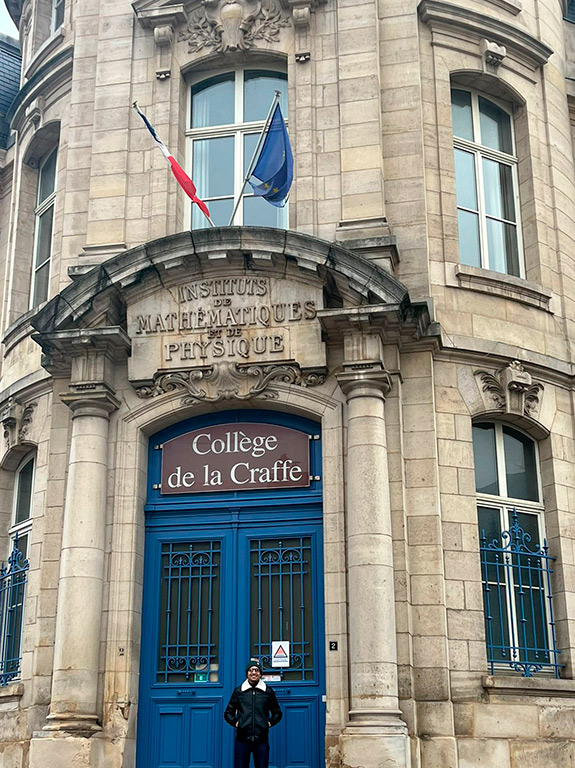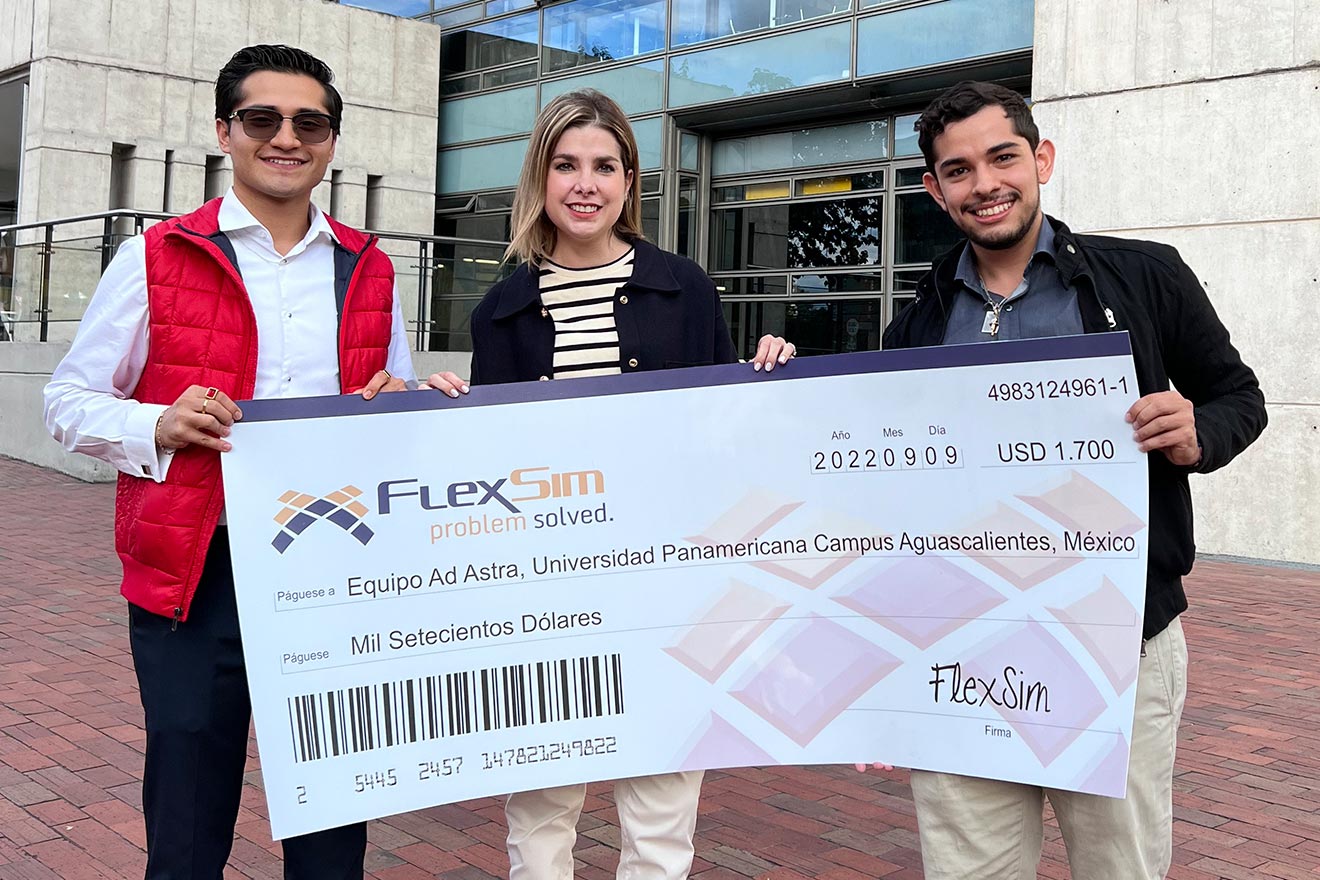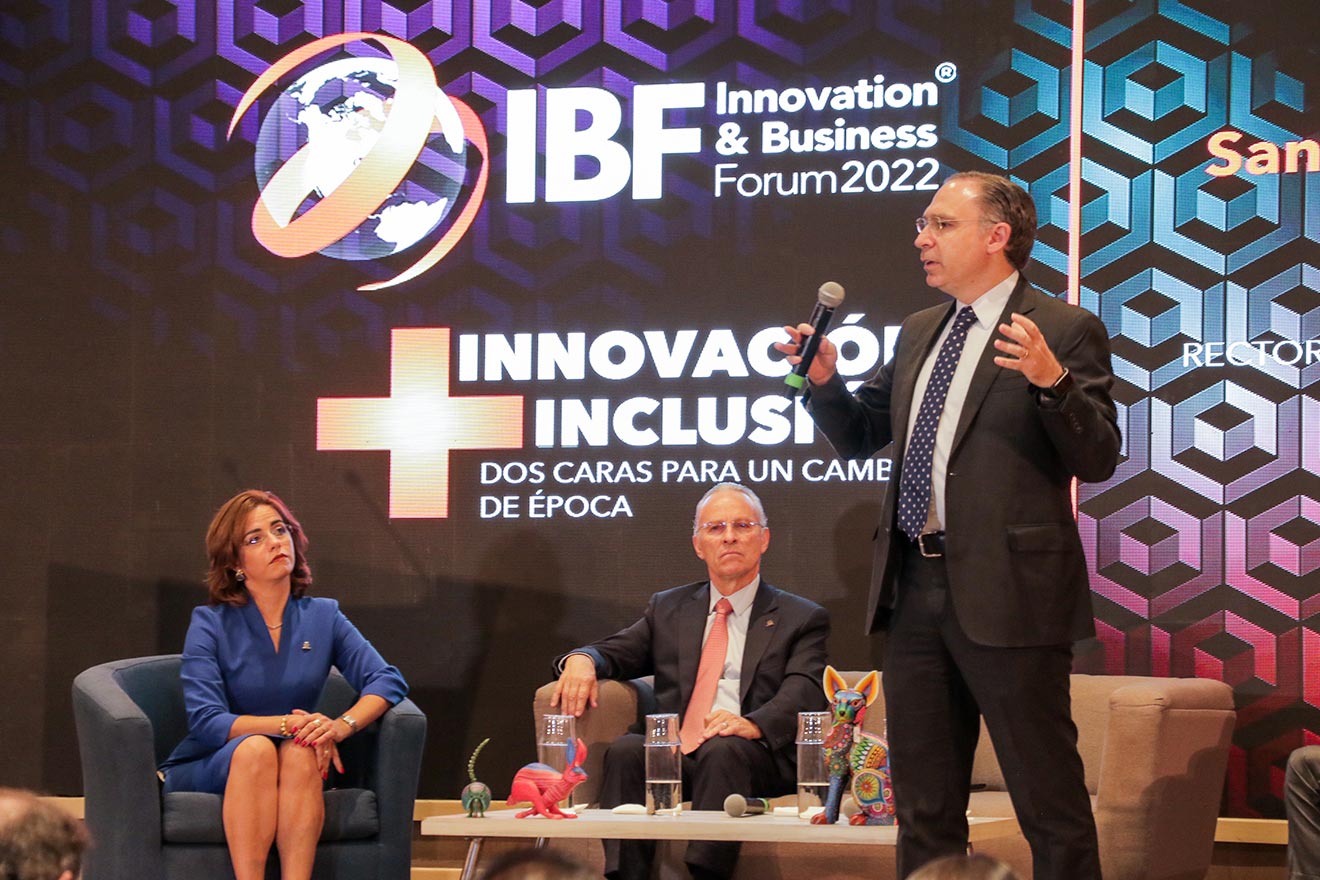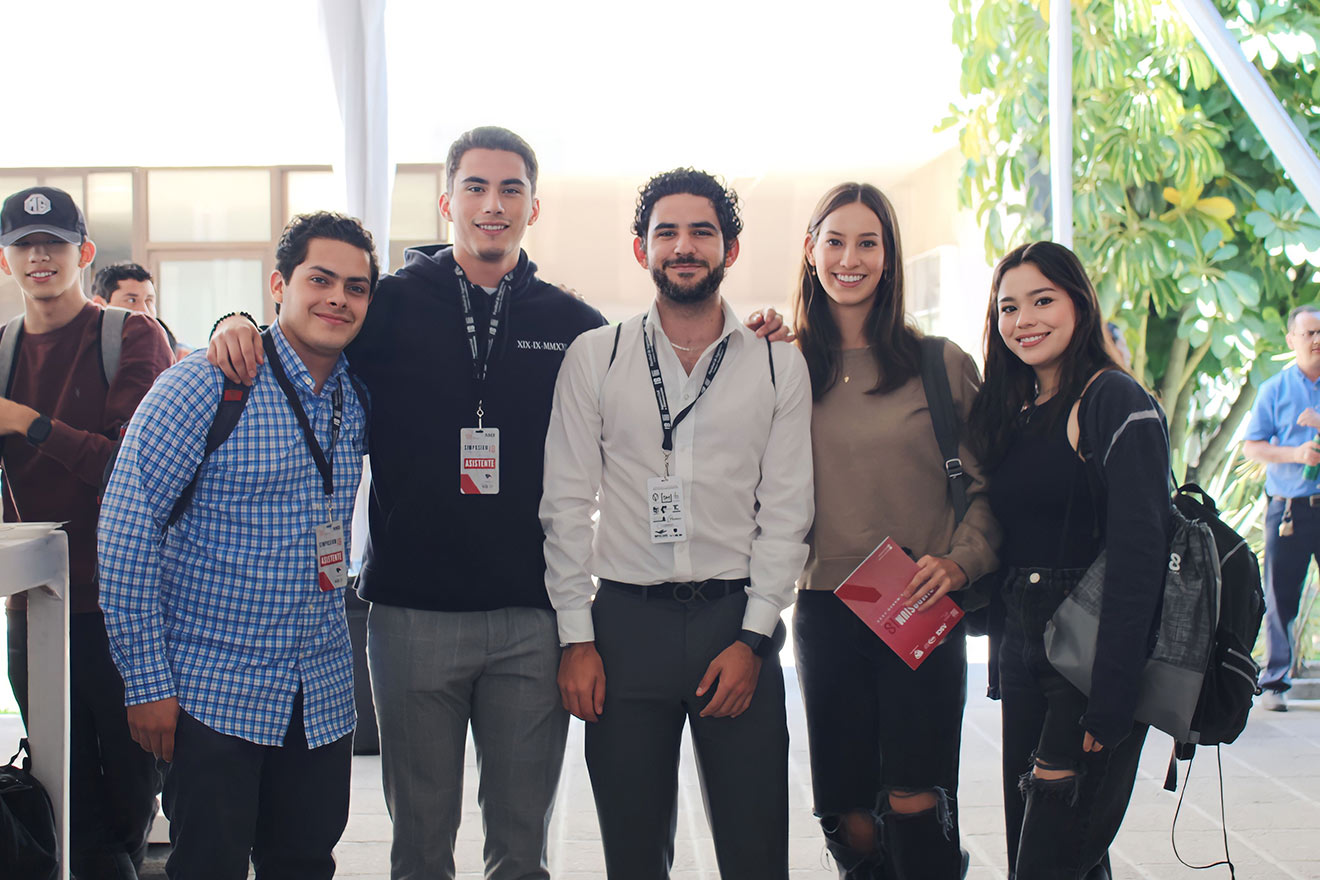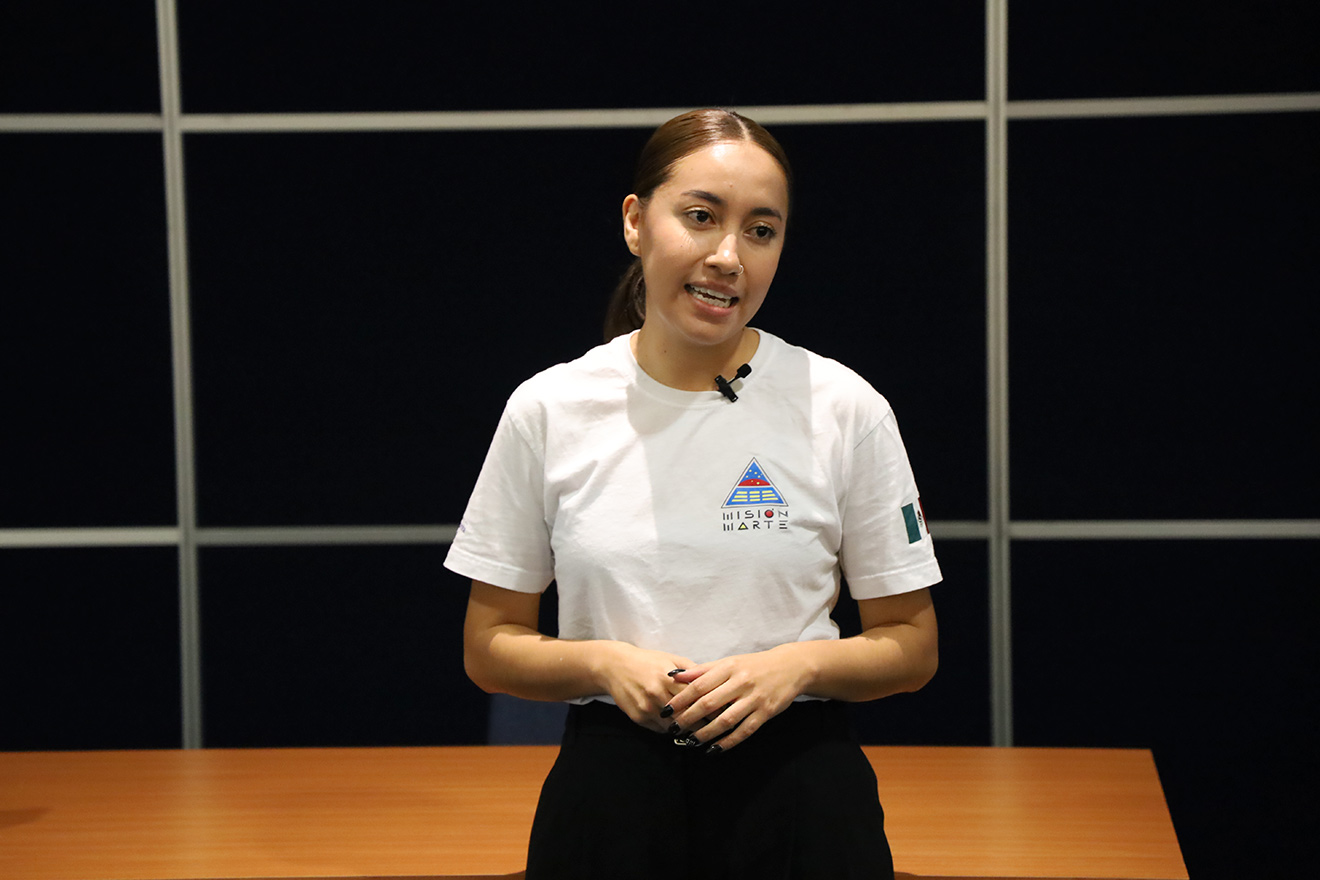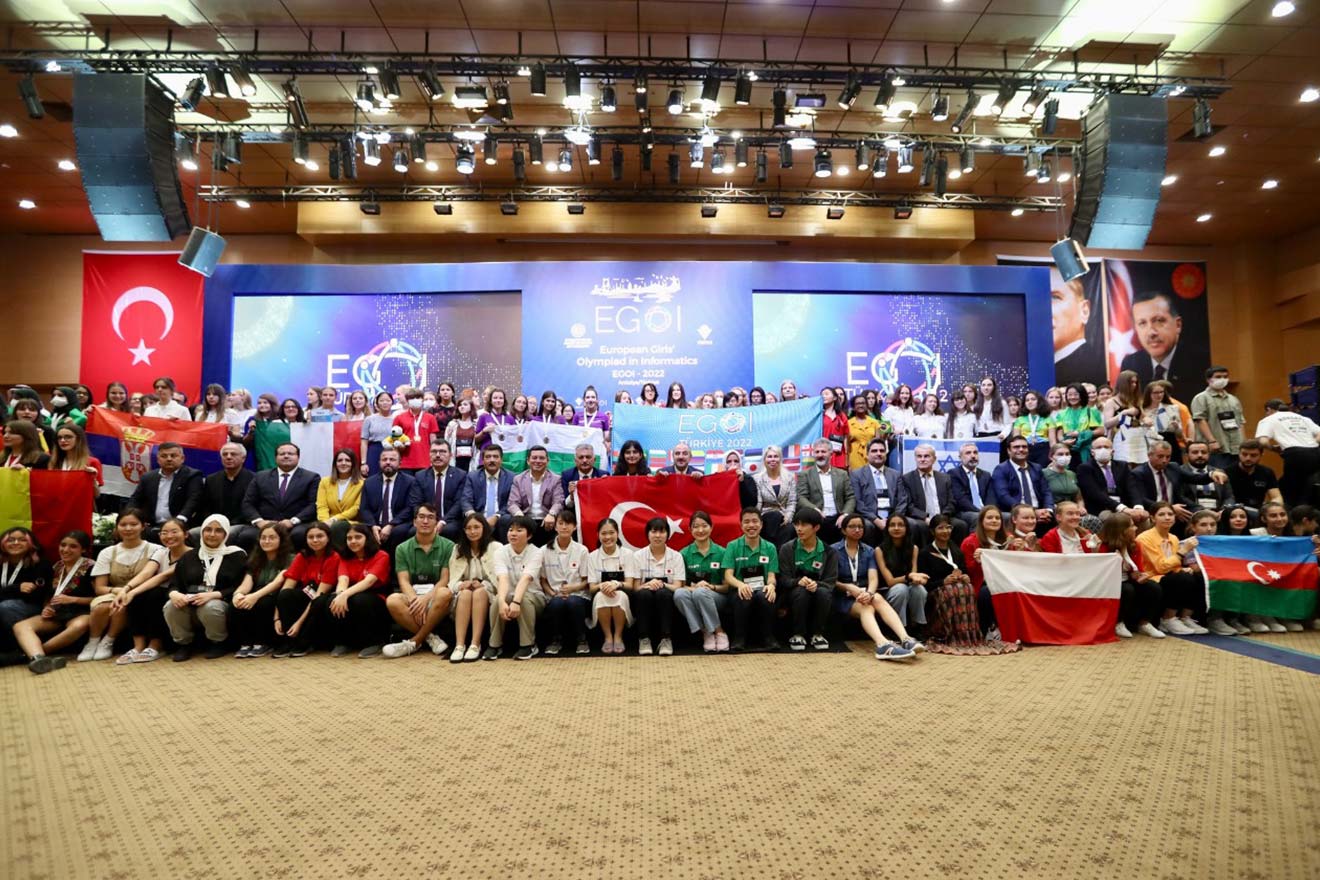Ricardo Abel Espinosa Loera, a professor and researcher within UP’s School of Engineering, shares with us the research he is currently developing on a disease with one of the highest mortality rates in the world and where artificial intelligence has a very important role to play.
With a strong medical background, Professor Ricardo Abel Espinosa Loera, who graduated with the first Artificial Intelligence Engineering class in 2008, shares his journey and contributions within the medical sector. He calls artificial intelligence, in line with his favorite author, “the electricity of the twenty-first century.”
Upon concluding his studies as an AI engineer and specializing in mobile technologies, Professor Espinosa gained experience in industry and, when he returned to his alma mater, while studying a Master of Science, he took on the role of director of the Artificial Intelligence Engineering Major, where little by little he began to focus on the medical sector.
“During my master’s program, I began budling a recognition system for types of falls with artificial vision. Many people live alone in their homes, especially older adults, who have accidents all the time, and sometimes don’t even realize the extent of the consequences until days later. So what I did was, with the help of an artificial intelligence system, to recognize, first of all that a fall had occurred, and then to detect what type of fall it had been, as well as possible injuries,” he comments.
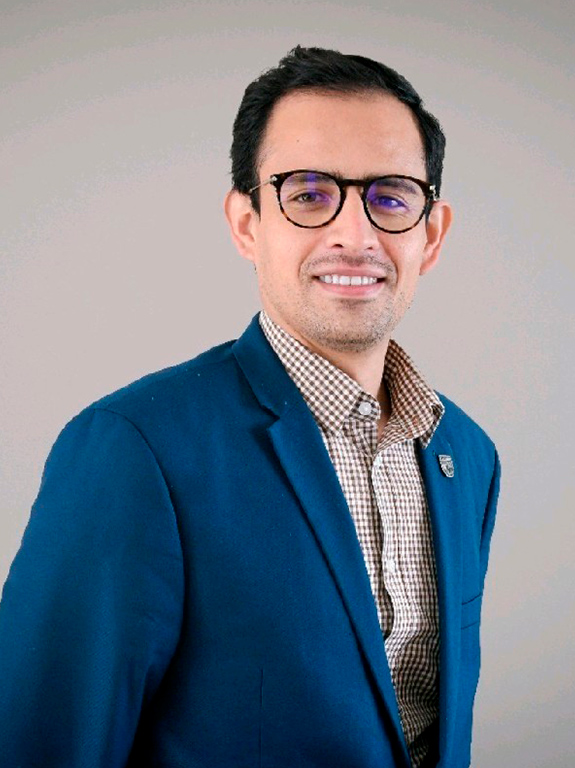
“At the end of the day, I am driven by, and am ultimately at Universidad Panamericana, the opportunity to change and touch lives. It is something that I am passionate about, I see that I can help students in their careers, that’s what I hope to do,” he declares.
Artificial Intelligence within medicine
Professor Espinosa is currently studying a PhD in Computer Science at the Université de Lorraine (France) as part of the agreements that UP has with other international institutions to offer double degree programs. He is currently undertaking a research project within the medical sector on colon cancer with an artificial intelligence approach.
According to the American Cancer Society, colorectal cancer is the third most frequently diagnosed cancer in both men and women in the United States. During 2023, there were 106,970 new colon cancer cases recorded. In Mexico, according to the Ministry of Health, each year about 15,000 new cases of this type of cancer are diagnosed, making colon cancer the third most common type of cancer overall.
Diagnosis is made with a minimally invasive operation, a colonoscopy, whereby an endoscope is used to capture certain images inside cavities such as the stomach and colon. In this sense, Ricardo Espinosa’s research focuses on the colonoscopy, aiming to make a 3D reconstruction of the colon with the help of artificial intelligence.
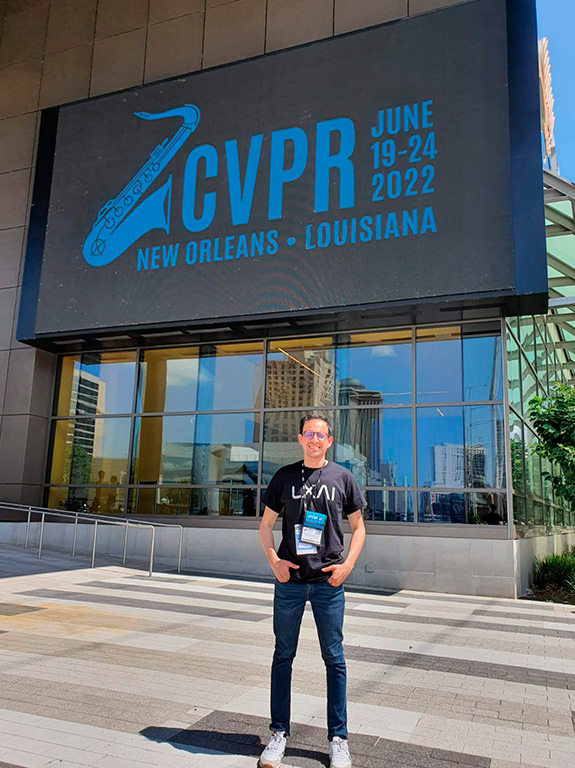
“The doctor’s vision is very limited so what I try to do is reconstruct the images in three dimensions, so that the doctor can have a wider field of vision, can rotate or zoom in on the images, in order to more accurately diagnosis,” he notes.
Once the 3D reconstruction is done, the aim is to identify polyps, inflammation, etc., with artificial intelligence techniques.
“I am really happy with my current position because, in the School of Engineering, we are building what I call the best AI degree in Mexico, and I think many areas and components are coming together, which I believe will be my legacy,” he says.
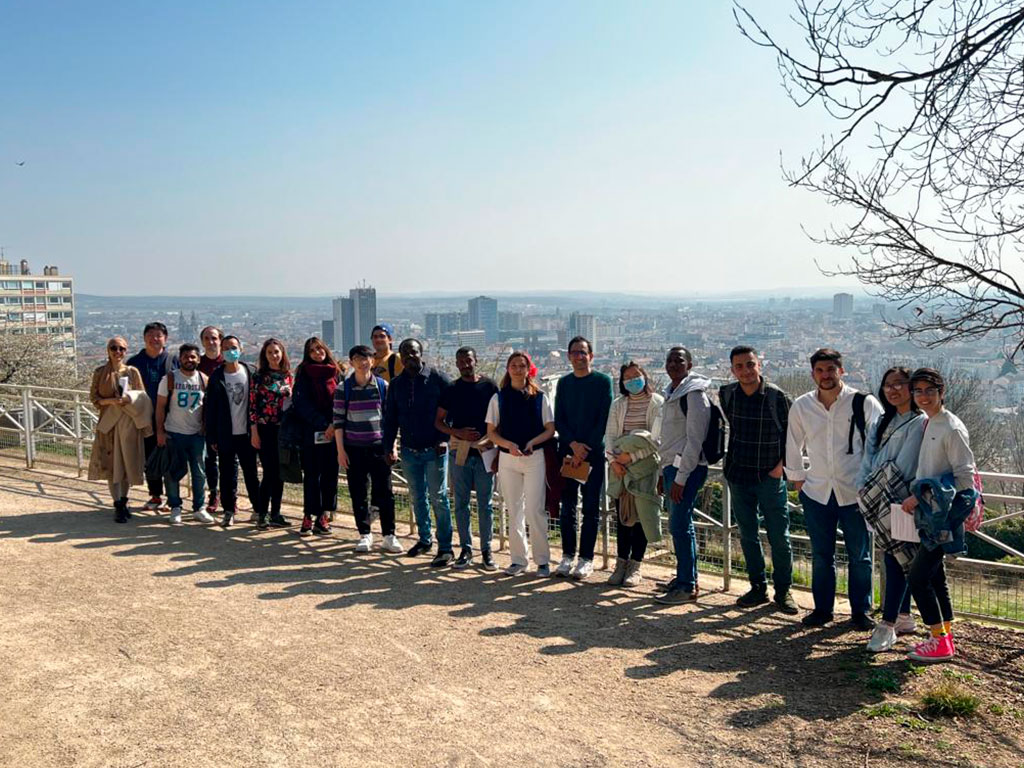
A mentor for future AI engineers
Firmly committed to supporting the newest generation of artificial intelligence engineers, Professor Espinosa has taken the lead in advising and preparing students for participation in competitions around the world, such as the Regional Algorithmic Programming Contest of the International Collegiate Programming Contest (ICPC) Mexico 2022-2023, an algorithmic programming contest for university students. A team-based activity, students solve real-world problems, fostering collaboration, creativity, innovation, and the ability to perform under pressure.
Since Universidad Panamericana began to participate, Professor Espinosa has mentored teams; for the third consecutive year, students from UP’s Aguascalientes campus have qualified for the world final.
Professor Espinosa is currently the state delegate of the Mexican Computer Science Olympiad, an initiative that seeks to integrate primary, secondary and high school students into STEM fields (Science, Technology, Mathematics and Engineering) through programming; in addition, university students support the program by teaching classes to the young participants.
Ricardo Espinosa has also participated in important conferences and has given presentations nationally and internationally.
